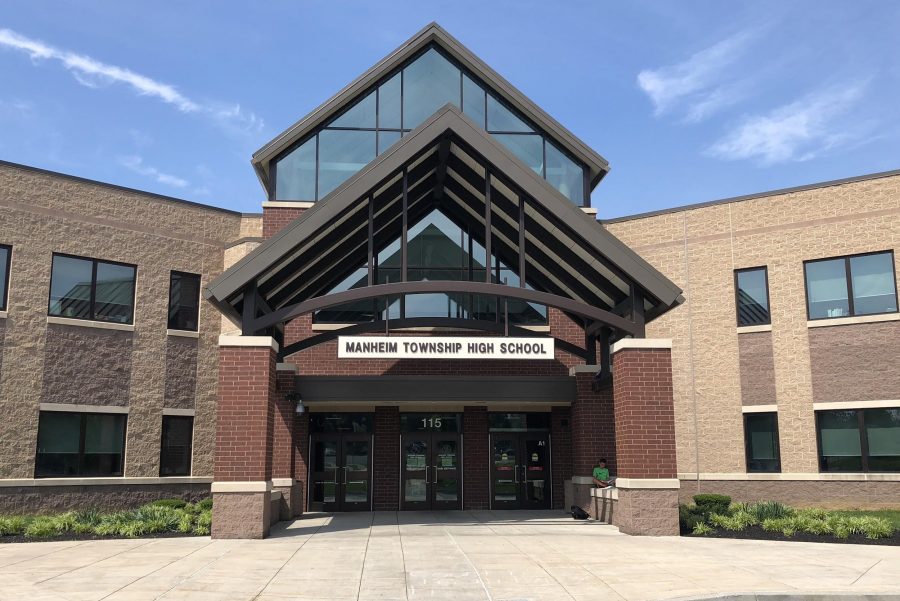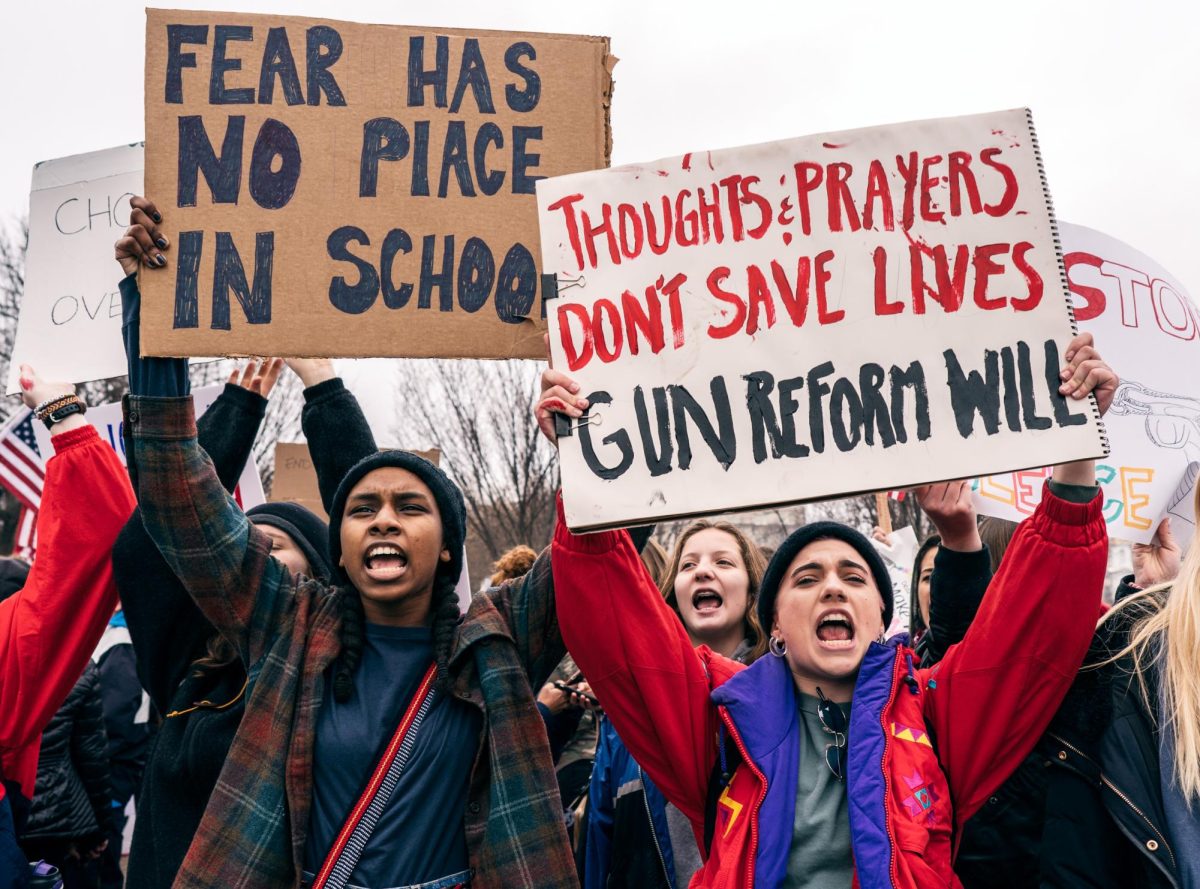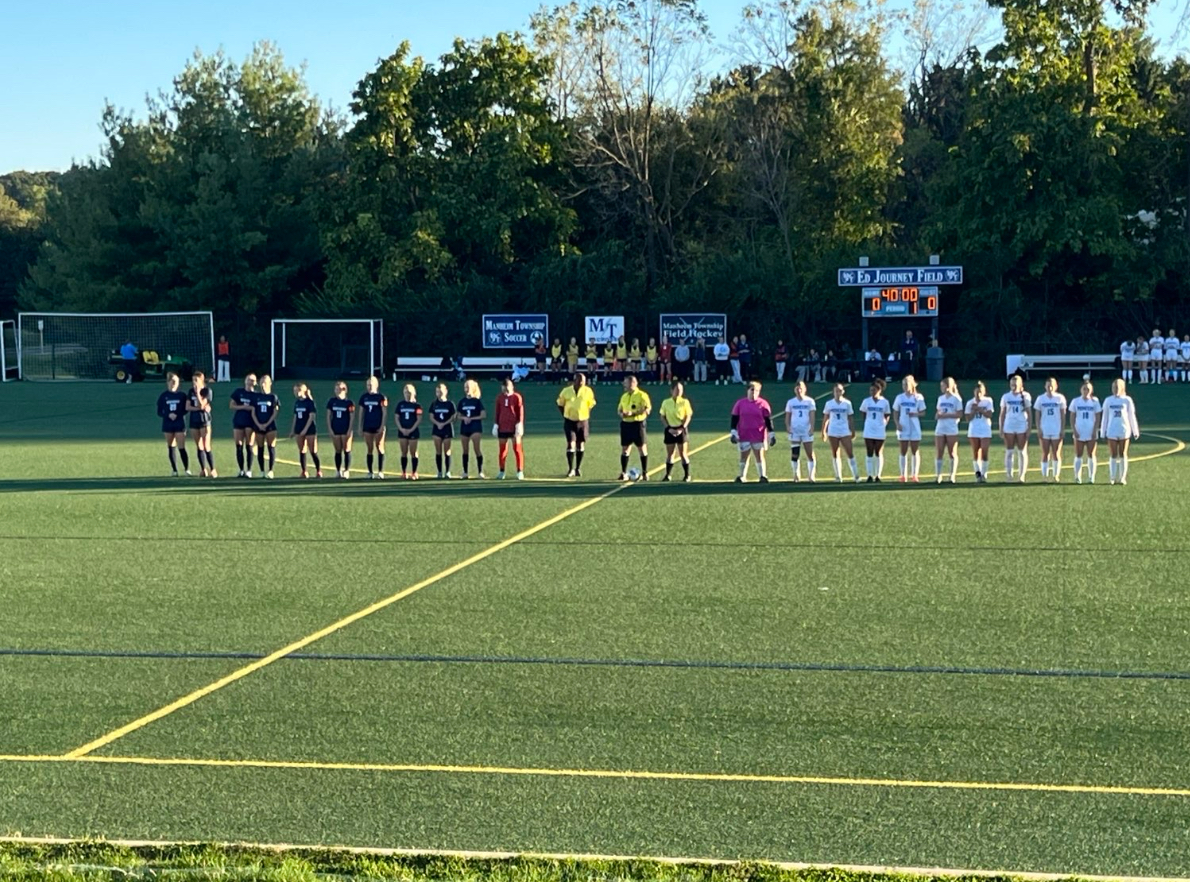Why Affirmative Action is necessary
February 1, 2019
In 2018, the group Students for Fair Admissions filed a lawsuit against Harvard University on grounds that the institution unfairly discriminated against Asian-American applicants. As the lawsuit has been gaining traction, more and more attention is being put on the policy of Affirmative Action. Indeed, the recent lawsuit has the potential to completely dismantle the program. Though it cannot be argued that the program is without flaw, Affirmative Action, as it stands, is an indispensable program that lifts up underprivileged African Americans and Hispanics, which must be allowed to continue.
Affirmative Action is a policy that promotes the education and employment of disadvantaged minority communities. It came into force with the signing of Executive Order 10925 by then-President John F. Kennedy and has retained more or less its original principles. Affirmative Action is not solely an American program; it exists and has existed under different names around the world.
In speaking of Affirmative Action, it is best to be honest. Yes, it is true that Affirmative Action benefits African Americans and Hispanics at the detriment of white applicants. It is true that, in some cases, the nature of an applicant’s acceptance or rejection can be solely decided by their race. It is theoretically possible for a white applicant who is just as qualified or even slightly more qualified than a black applicant to be passed up and rejected solely on account that he or she is white and the other applicant black. To many white and, in Harvard’s case, Asian applicants, Affirmative Action is a hurdle to their academic success and discriminatory in nature.
These arguments are not unsound. In fact, in a sense, they are true. What such arguments ignore, however, is that Affirmative Action is but one small program that attempts to bridge the massive social, economic, and educational gap between whites and black people. According to reports from the Federal Reserve, white families are on average ten times more wealthy than their black counterparts. Wealthier households generally have access to superior, majority-white schools while poorer black households are still forced into the post-Brown v. Board black school system.
Wealthier, white-majority schools offer more intra- and extracurricular programs for student advancement than black schools. These white parents are more likely to be able to front the money for education’s hefty fees: $47.50 dollars for the SAT (an additional $17 if the student elects to include the essay section), $94 for each AP test, $46 for the ACT, often $70+ for college application fees. Further to be accounted are expenses for test preparation, extracurriculars, school meal fees, and books. Many of these fees are a must for certain colleges, and the sad truth is that many black and Hispanic families cannot pay.
As a result, black students are inhibited from exploring meaningful extracurriculars and are unable to shine as brightly and display as much intellectual curiosity as their white peers. Many black students born to underdeveloped, impoverished communities and sent to dilapidated, underfunded schools cannot and do not receive the recognition commensurate with their potential, creativity, and originality. Access to higher education, from which many of these African Americans are denied, enables greater monetary and personal success in one’s later life and does wonders to break the cycle of poverty and decay that many communities, particularly black communities, face.
It is true that there are wealthy, privileged black families and poor, miserable white ones; however, the social trends are undeniable. Politicians bemoan the failings of black communities: crime, narcotics, and a continuing and seemingly continuous cycle of poverty. In spite of their rhetoric, many of these same political ideologues seek to undermine one the few programs that seek to give African Americans a much-needed leg up and help mend the century-spanning wound of black oppression and segregation. To eliminate Affirmative Action holds cheap the lives of African Americans across this nation.












